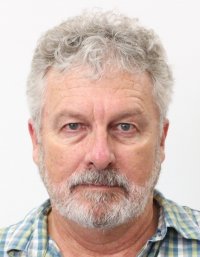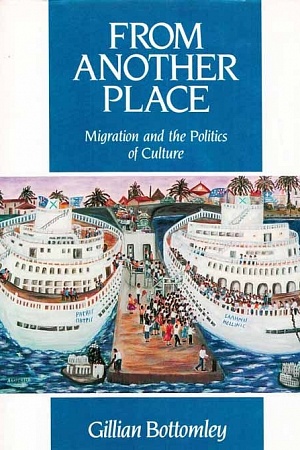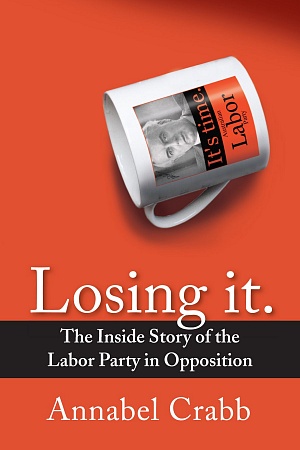Frontline Ukraine: Crisis in the Borderlands
I.B.Taurus (Footprint), $51.95 hb, 297 pp, 9781784530648
Frontline Ukraine: Crisis in the Borderlands by Richard Sakwa
It is all Vladimir Putin's fault. Two years after the crisis in Ukraine erupted, the prevailing view in Europe, the United States, and Australia remains that responsibility for the conflict there – including the shooting down of flight MH17 – lies with Russia's president. This, the argument goes, is all part of Putin's plan to restore Russia's dominance of its region to the borders of the former USSR and beyond.
This interpretation is so widely accepted that it comes as something of a shock to realise that Richard Sakwa's argument is almost diametrically opposed. Sakwa argues that the Ukraine crisis – rather than being the product of malevolent Russian ambition – began as a reaction to an expansionary surge by the European Union and NATO, orchestrated by Washington and aimed at expunging Russian influence from its borderlands. Why should Australians care? For one thing, impelled partly by the MH17 disaster, Canberra has bought into the Ukrainian conflict; we opened an embassy in Kiev and provide non-lethal military aid to the Ukrainian army. More broadly, Sakwa's book is a salutary challenge to the very basis of Australian foreign policy: the principle that Washington is always right.
Sakwa's analysis opens with the point that since the collapse of the Soviet Union, Ukraine has been torn between two concepts of nationality. One seeks to 're-establish' a Ukrainian-speaking, culturally uniform, European country, purged of Russian influence. Sakwa dubs it this 'monist' nationalism – monism being a 'doctrine that only one being exists'. Monism finds its expression in the 'Orange' strand of Ukrainian politics: Ukrainian-speaking, strong in the west of the country, looking to Europe and the United States, and taking its colour from the 2004 'Orange Revolution' which brought the monist President Viktor Yushchenko to power. Sakwa believes the rival concept of nationality to be more accommodating: it envisages a 'pluralist' Ukraine, 'home to many disparate peoples' but acknowledging Russian influence and interests. This 'pluralist' ideal finds expression in the 'Blue' strand of Ukrainian politics: strong in the east, Russian-speaking, and leaning culturally and politically towards Moscow.
Continue reading for only $10 per month. Subscribe and gain full access to Australian Book Review. Already a subscriber? Sign in. If you need assistance, feel free to contact us.














Leave a comment
If you are an ABR subscriber, you will need to sign in to post a comment.
If you have forgotten your sign in details, or if you receive an error message when trying to submit your comment, please email your comment (and the name of the article to which it relates) to ABR Comments. We will review your comment and, subject to approval, we will post it under your name.
Please note that all comments must be approved by ABR and comply with our Terms & Conditions.